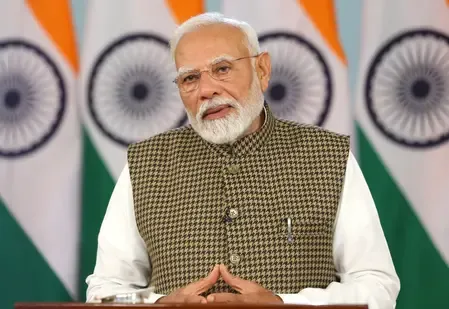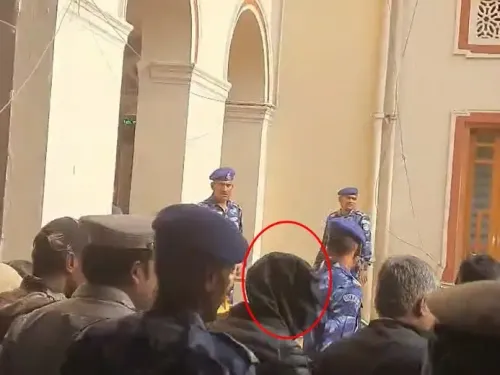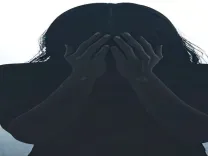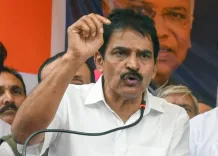Will the Union Cabinet Address the Aftermath of the Pahalgam Attack?

Synopsis
Key Takeaways
- Union Cabinet meeting scheduled for April 30.
- First meeting post the Pahalgam terror attack.
- 26 lives lost, including a Nepali national.
- Strong measures against Pakistan announced.
- Focus on enhancing national security and counter-terrorism.
New Delhi, April 29 (NationPress) The Union Cabinet is scheduled to convene on Wednesday under the leadership of Prime Minister Narendra Modi — marking its first assembly since the horrific terror attack in Jammu and Kashmir's Pahalgam that resulted in the deaths of 26 individuals, predominantly tourists.
This Cabinet meeting is anticipated to occur following the second session of the Cabinet Committee on Security (CCS) on April 30.
Subsequently, a Cabinet Committee on Economic Affairs (CCEA) meeting is also expected, as reported.
No Union Cabinet meeting was held last week; only the CCS gathered on April 23 to denounce the terror incident.
During the initial CCS meeting led by PM Modi, India enacted a series of measures against Pakistan. These included the suspension of the Indus Waters Treaty, the closure of the Attari border, the revocation of visas for Pakistani nationals, the blocking of numerous YouTube channels and X handles, and the downgrading of diplomatic relations with Pakistan by reducing the already limited staff in embassies, compelling them to return to their home country.
On April 22, a total of 26 individuals, including a Nepali citizen, lost their lives while vacationing in the picturesque Baisaran valley of Pahalgam, an event that reverberated throughout the nation and the globe.
In the meantime, Union Home Secretary Govind Mohan convened a high-level conference on Tuesday to evaluate the internal security landscape and gauge the evolving threat perception.
Leaders of crucial paramilitary organizations participated in the meeting, which concentrated on strengthening border security, improving counter-terrorism capabilities, and fostering intelligence sharing among forces in light of the increased tensions following the attack on April 22.
The Pahalgam incident has triggered a wave of rapid and significant policy responses from the central government.








